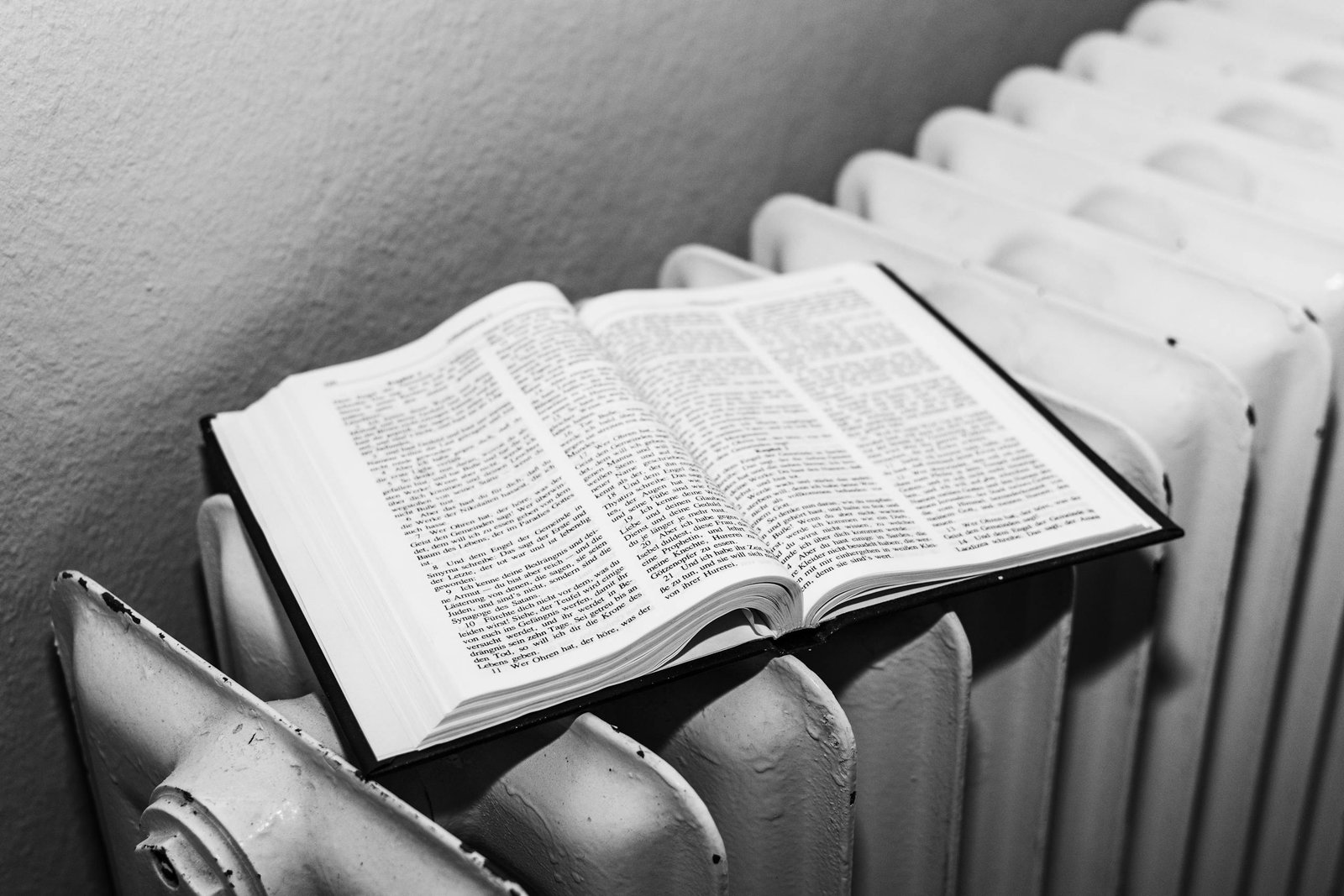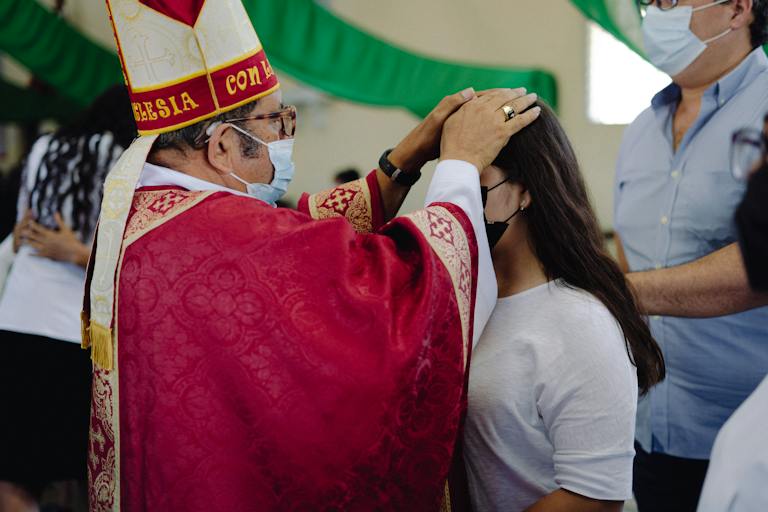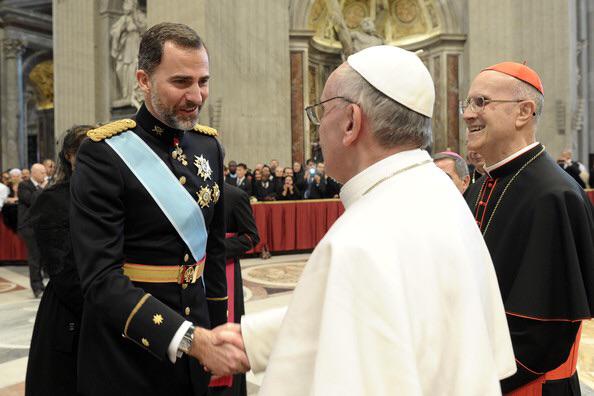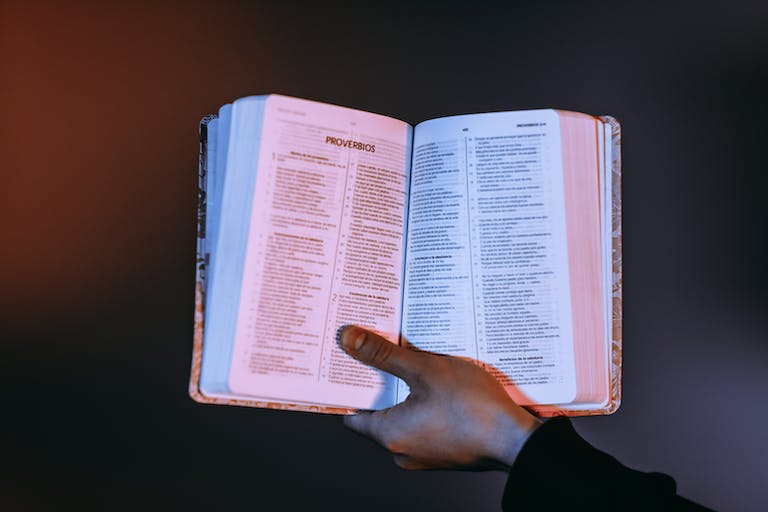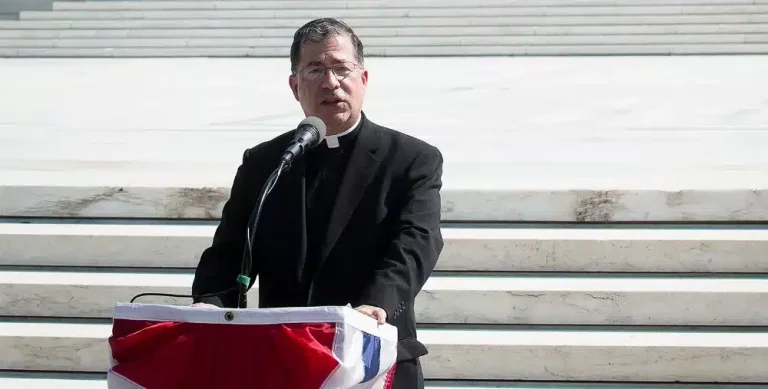Catholic nicene creed: History, Meaning, and Explanation
The Nicene Creed holds a central place in Catholic theology and liturgy. As Catholics, reciting this profession of faith connects us to the early roots of Christianity and unites us in common belief. But what exactly does the Nicene Creed mean? And why does it matter? As your pastor, I’d like to offer some guidance on the significance of this creed.
What is the Nicene Creed?
The Nicene Creed is a formal statement of Christian belief that was originally formulated at the First Council of Nicaea in 325 AD. Constantine, the Roman Emperor, called this council to discuss theological disagreements that were raging in the fledgling Christian church. The bishops in attendance established the Nicene Creed as a universal profession of faith for all Christians, and it has maintained its importance for Catholic and Protestant churches alike over the past 1,700 years.
The Nicene Creed We Recite Today
The version of the Nicene Creed that we recite today in our liturgies actually originated at the Council of Constantinople in 381 AD. This updated version is often referred to as the “Niceno-Constantinopolitan Creed” and is the one included in Catholic missals and catechisms. So even though we refer to it as the “Nicene Creed,” the form we use is an expanded version that the early Church Fathers developed later.
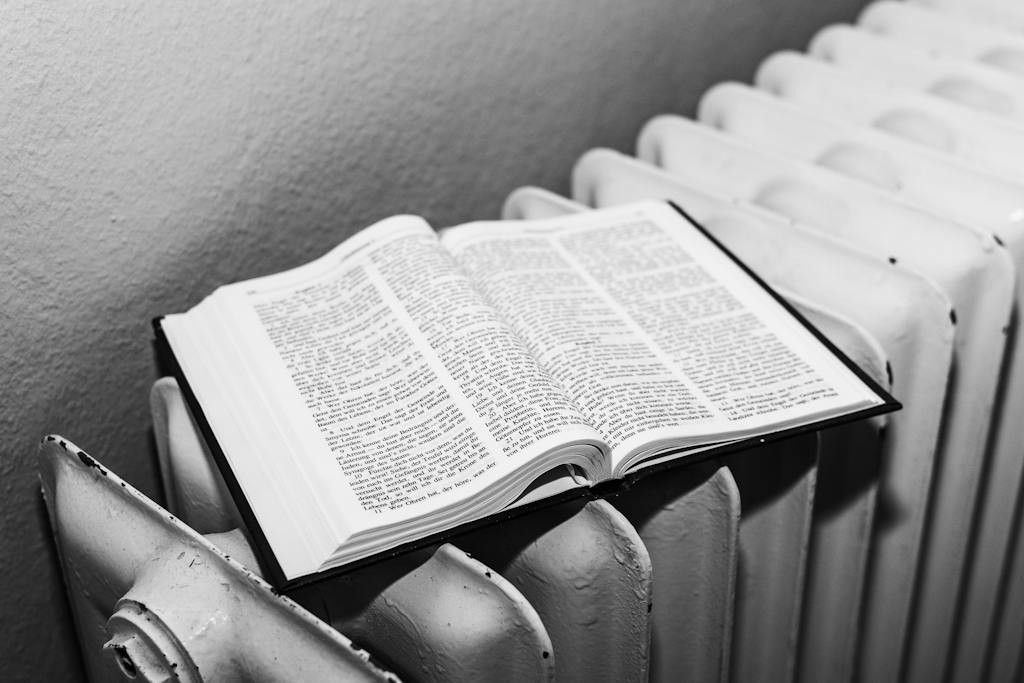
Key Areas of Belief in the Nicene Creed
The Nicene Creed outlines several core teachings of Catholicism. It reaffirms our belief in:
- God the Father and Creator
- Jesus Christ, the Son begotten not made and of one being with the Father
- The Holy Spirit as Lord and giver of life
- The Church as one, holy, catholic, and apostolic
- The forgiveness of sins
- The resurrection of the dead in eternal life
By professing the Nicene Creed together, we express unity in all these essential truths. The creed serves to root us firmly in the basics and fundamentals of our common faith.
Why Is the Nicene Creed Important?
There are several reasons why the ancient Nicene Creed continues to be vital for our Catholic identity today:
- It connects us to early Christianity. The core beliefs in the Nicene Creed date back to the first ecumenical councils. Declaring them together links us spiritually with those early church fathers.
- It upholds timeless truth. The creed’s concise statements preserve the timeless, revealed truth about God, Jesus, salvation, and eternity. While contexts change, truth does not.
- It guards against heresy. The Nicene Creed acts as a yardstick for orthodoxy. Cults and splinter groups may deny aspects like Jesus’ divinity, but the creed protects core truths.
- It affirms shared beliefs. Reciting the ancient creed together makes a strong statement of unity. Despite our diversity, the core truth unites all faithful Catholics.
- It anchors identity. Reaffirming this historic statement keeps our identities firmly grounded in Jesus and the gospel story. It centers on our worship and community.
By looking more closely at a few key sections, we can better grasp the significance of the Nicene Creed for our individual faith journeys as Catholics.
Exploring Key Parts of the Nicene Creed
“I believe in one God, the Father almighty, maker of heaven and earth, of all things visible and invisible.”
This first section grounds our belief in one omnipotent, creative God. By affirming God as the sovereign Father and source of all, we orient our lives to worship the one Lord over all.
“I believe in one Lord Jesus Christ, the Only Begotten Son of God, born of the Father before all ages. God from God, Light from Light, true God from true God, begotten, not made, consubstantial with the Father.”
Here the divinity of Jesus Christ comes through clearly. As fully God and fully man, Jesus bridges humanity and God. This creedal statement also directly confronted 4th century controversies over Jesus’ divine nature by declaring him “not made” but eternally begotten.
“For us men and for our salvation he came down from heaven, and by the Holy Spirit was incarnate of the Virgin Mary, and became man.”
In another vital section on Christology, this excerpt ties Jesus’ divine purpose to our human need for salvation. By explicitly mentioning incarnation and Mary, the creed roots Christ’s saving work in real human history.
“I believe in the Holy Spirit, the Lord, the giver of life, who proceeds from the Father and the Son, who with the Father and the Son is adored and glorified.”
The creed goes beyond Christology to emphasize God as Triune – Father, Son, and Spirit united. Identifying the Holy Spirit as “Lord” and giving worship directly confronts 4th century heresies that denied the Spirit’s divinity.
“We look for the resurrection of the dead and the life of the world to come.”
In culminating with the resurrection and afterlife, the creed gives Christian hope eternal perspective. More than temporary happiness, we await resurrected life beyond death with our glorious, triune God.
Conclusions – Why the Nicene Creed Matters
Far from being outdated, reciting the 1675-year-old Nicene Creed remains hugely meaningful for 21st century Catholics. It intimately ties us to early apostolic Truth, unites us in core beliefs, guards against heresy, affirms Christ’s divine identity, and points us to resurrection hope. By rooting us in shared faith stretching back centuries, the Nicene Creed helps ensure doctrinal unity and identity across eras and contexts.
I hope this overview offers helpful pastoral perspective on the continuing significance of the Nicene Creed for our lives as followers of Jesus and members of Christ’s body, the Church. May declaring this ancient faith strengthen our consciousness of God’s eternal truth and everlasting love.

